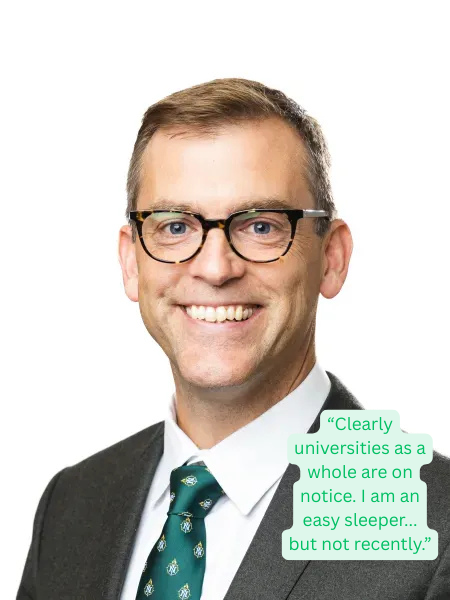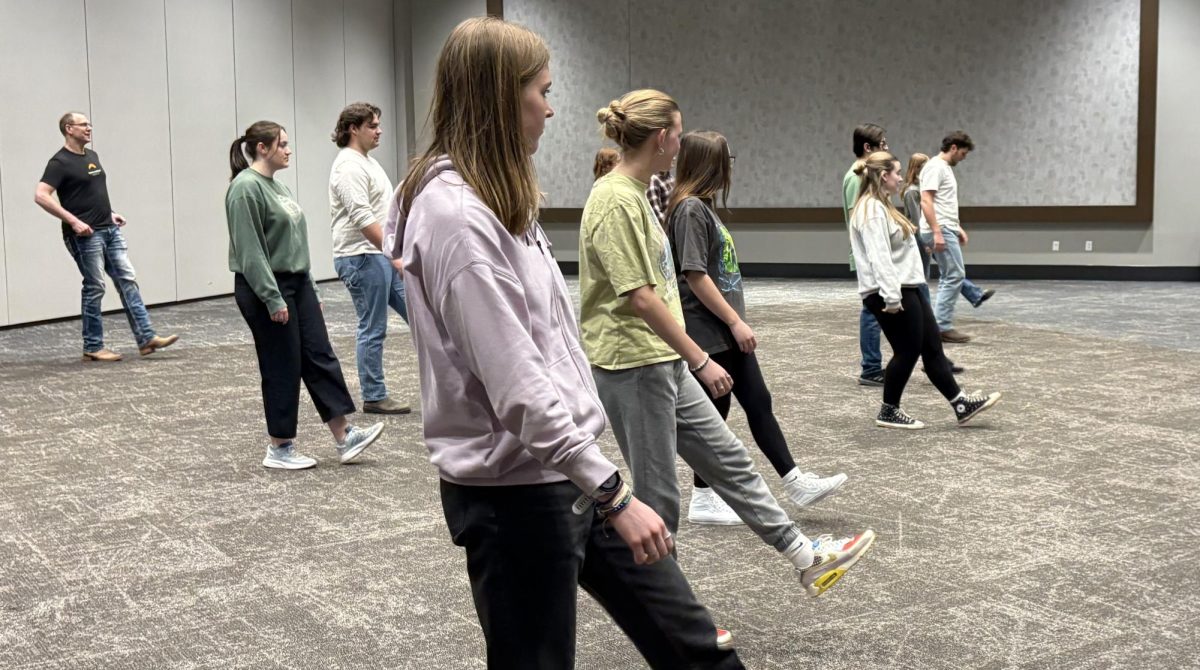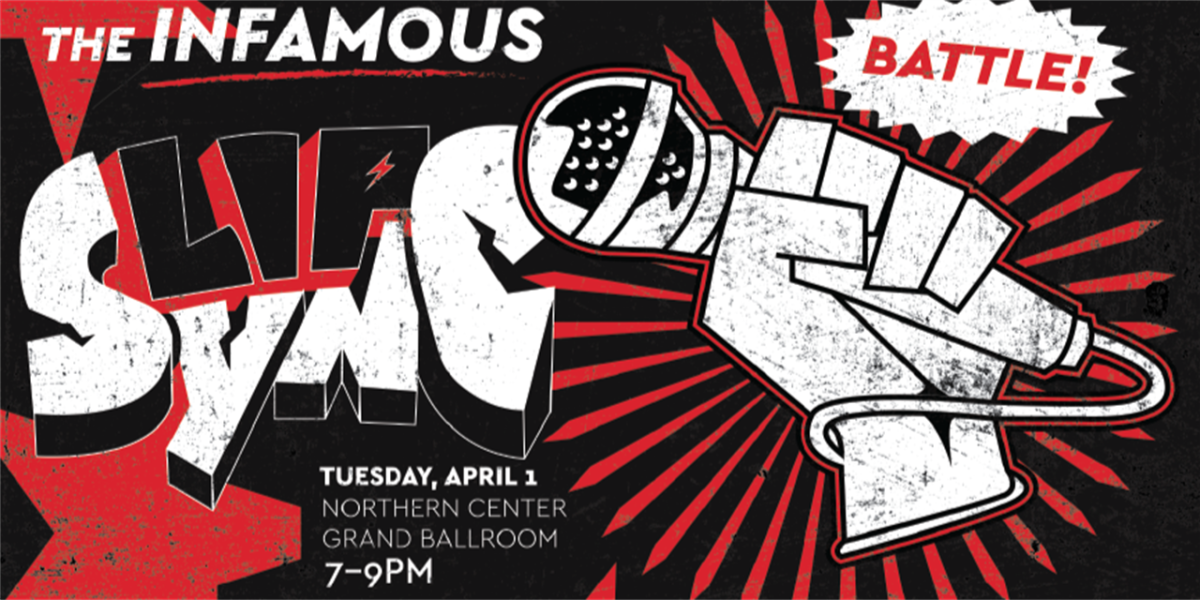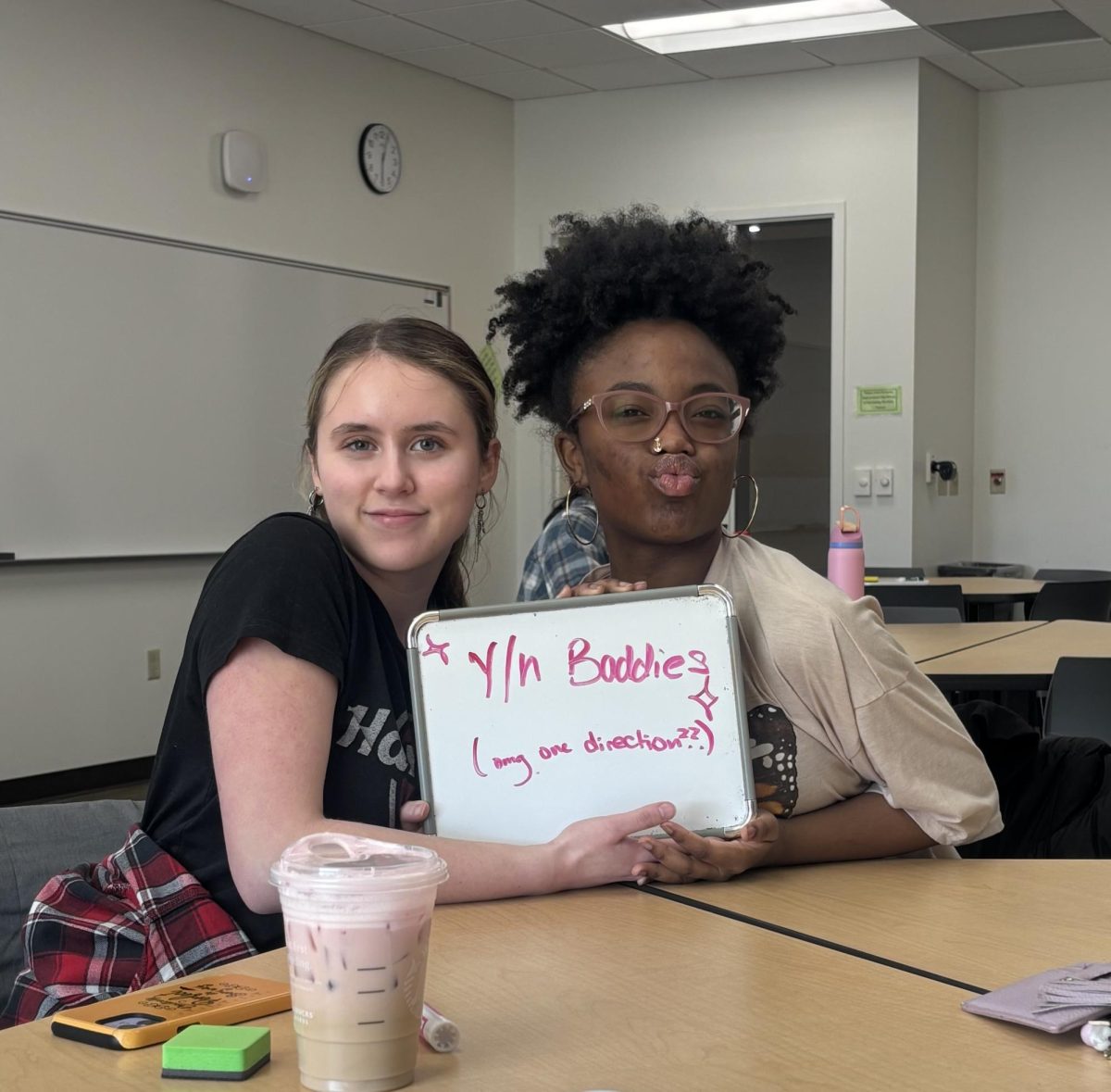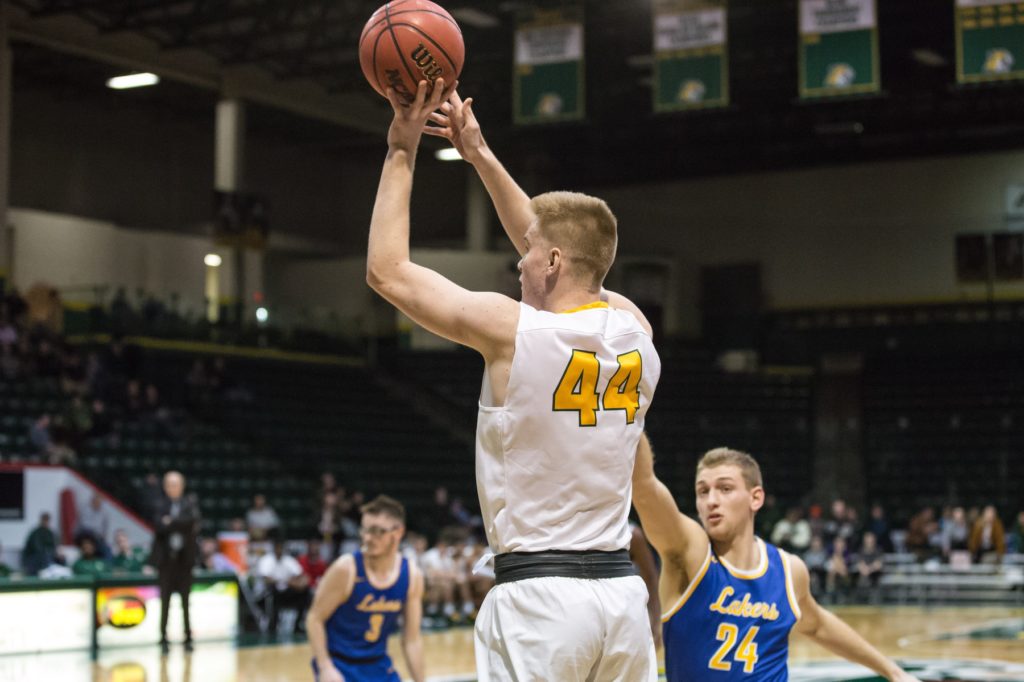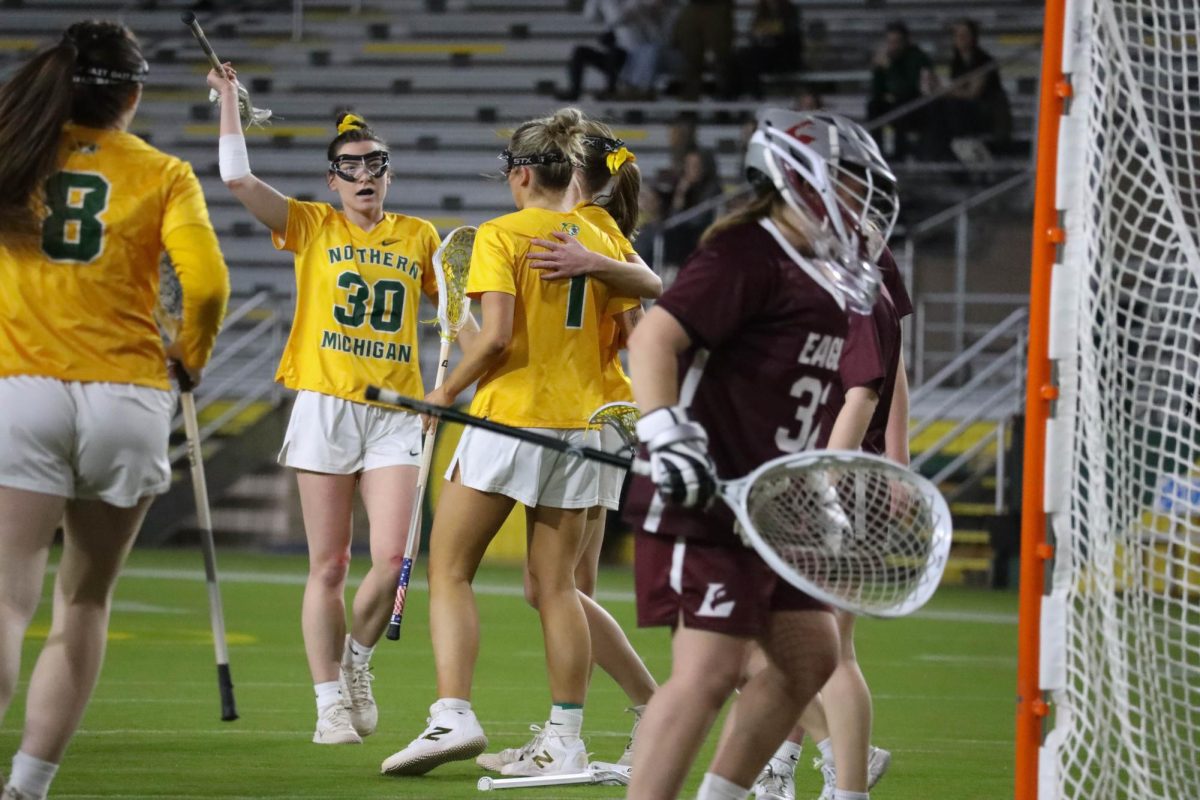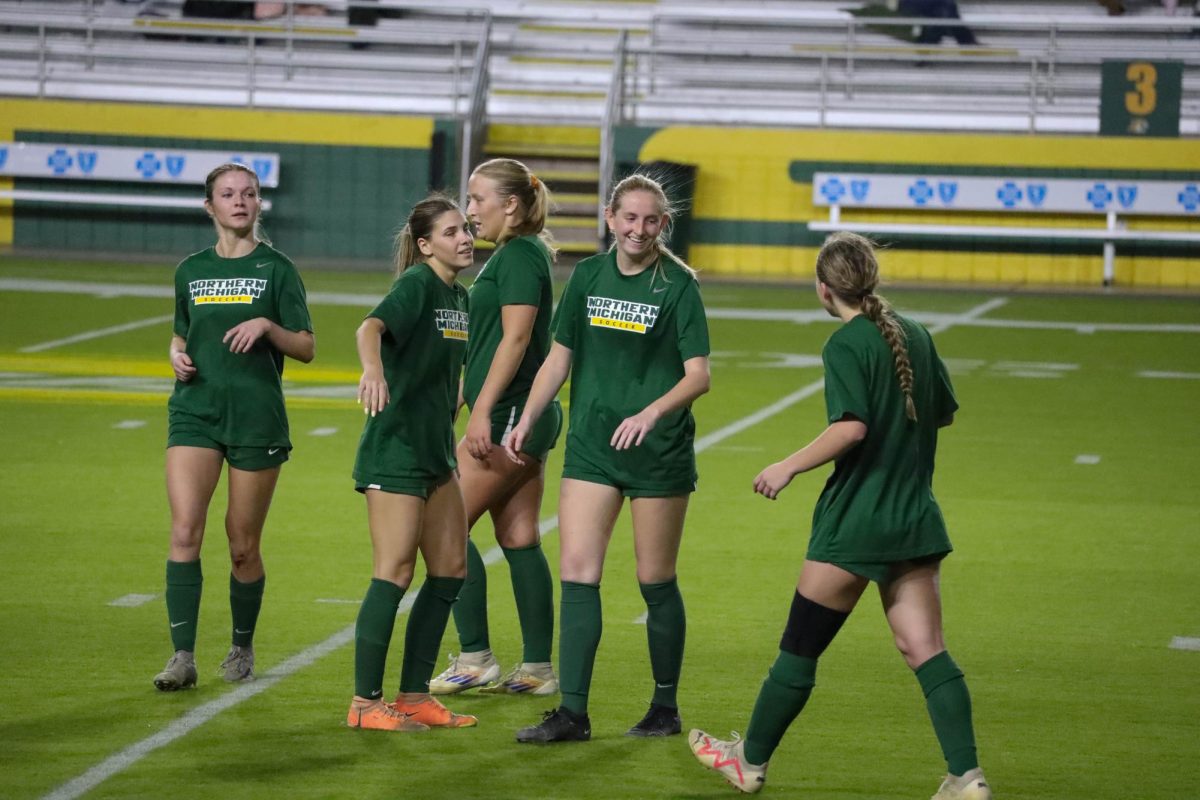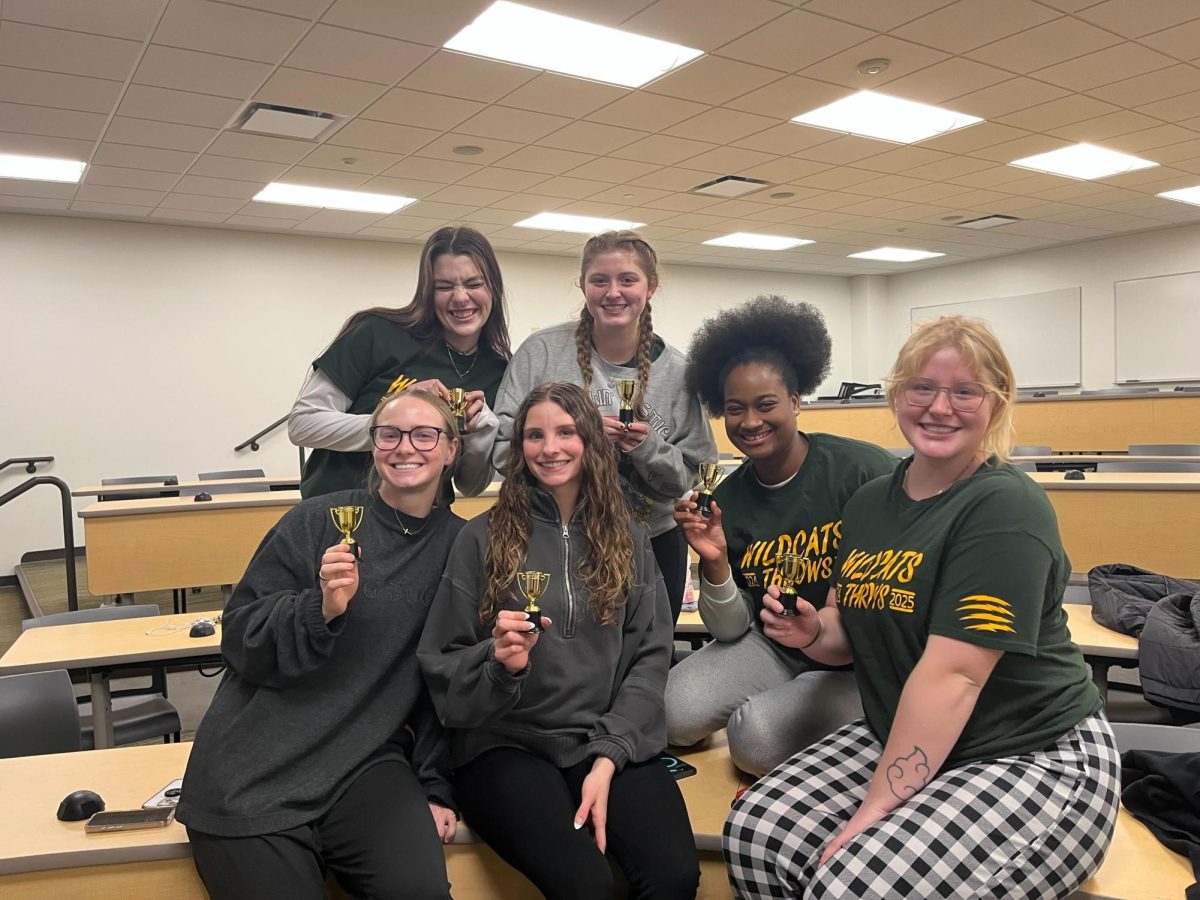Students will have the opportunity to give their opinion on whether or not they want their Physical Education Instruction Facility (PEIF) pass included in their college tuition in the April 6–7 NMU Referendum.
The NMU group, Students for Campus Wellness, presented a non-binding question to the Referendum Committee to be put on the referendum ballot that will survey student support of the proposal. The results will be presented as a suggestion to the NMU Board of Trustees.
Many new students wonder why there is an extra fee for the recreational facilities, said Candace Sequin, a junior management major and president of Students for Campus Wellness.
“If people have the opportunity (to exercise), they are more likely to do it,” she said.
Sequin said that her organization encourages students to live a healthy lifestyle by becoming part of a campus wellness culture. Many students do not fully realize all of the health benefits of exercising in a social environment like the PEIF, she said.
“There are separate dimensions of wellness. A lot of students think that coming to the PEIF will only help them physically, but they’re missing out on the social and emotional benefits,” Sequin said.
The referendum question specifically asks students if they are in favor of being charged a $50 student recreation fee each semester that will be added to their tuition, instead of purchasing a PEIF pass. The fee would be applicable to all students taking six credits or more a semester. This fee will also cover renovations to the saunas and racquetball courts, make PEIF rentals free to all students, and replace aging cardio, circuit and free weight equipment.
Sequin said the Students for Campus Wellness have been receiving positive responses to the surveys they have handed out to gauge student interest in the proposal. Organizations like the Reserve Officer Training Corps, the Health Promotion Office, the Student-Athlete Advisory Committee and the Student Athletic Training Organization have all shown support for the proposal, as have many of NMU’s club sports organizations, she said.
“NMU and Michigan State University are the only (public) universities in Michigan that don’t have an assessed fee for the use of their recreation facilities. We’re behind on the times,” she said.
If the proposal is implemented, it could mean an additional 2,700 more students would have access to the recreation facilities, and an additional $300,000 a year could be used for renovations and new fitness classes, said Brian Gaudreau, NMU’s associate director of intercollegiate athletics and recreational sports and faculty adviser to the Students for Campus Wellness organization. One of the things incoming students are looking for is the availability and quality of on campus recreation facilities, Gaudreau said. A portion of the money generated by the proposed student recreation fee would go towards replacements for old and outdated equipment.
“We’ve got circuit equipment that is twelve years old. I can’t tell the last time the free weights have been replaced, and it all needs to be,” he said.
Students for Campus Wellness had to work with the Associated Students of NMU (ASNMU) and the Referendum Committee in order to get the question put on the ballot.
“We worked very closely with the group to make sure the language is fair so that students know what it is they’re voting for,” said Keith Voorheis, the chair of the Referendum Committee.
The Referendum Committee is in charge of putting together a final draft of the referendum questions which was approved by ASNMU representatives on Monday, March 22.
“Based on the results of the (referendum), the Board of Trustees will make a decision to include it into tuition costs. If the students show strong support, it makes the tuition hike easier for the Board of Trustees,” said Voorheis.
ASNMU President Jason Morgan said that he was approached by the Students for Campus Wellness organization to help get this proposal on the ballot.
“Students have been wanting to do this for years. All the residence halls and sports organizations have been very supportive of this proposal,” Morgan said.
He said that it will be a difficult decision, but it is exciting to give students the opportunity to help decide for themselves where they want their money to go.
“During hard economic times, students have the opportunity to have direct control of where there money will be going. It’s a beautiful part of the process,” said Morgan.


